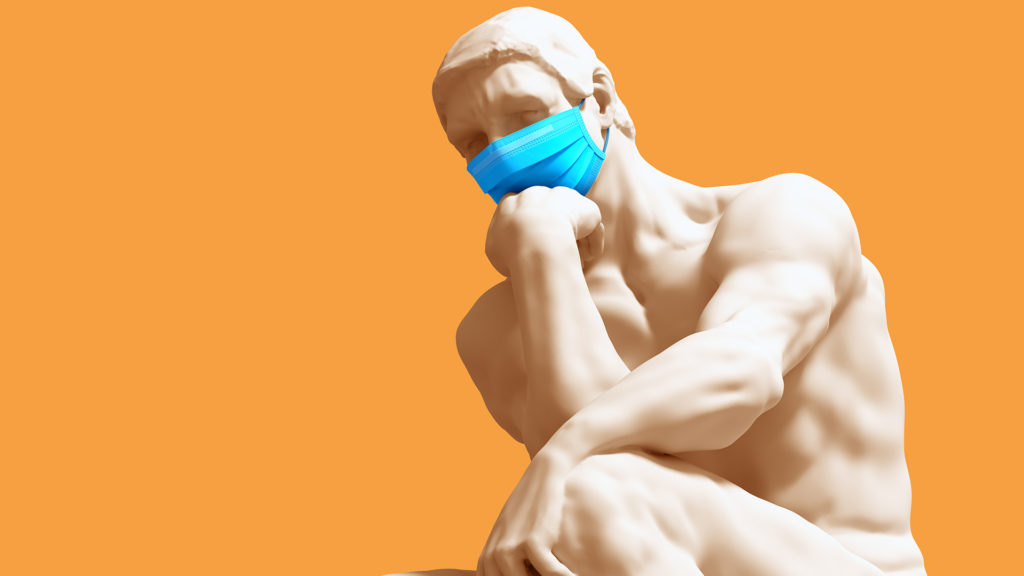
There is much for us reflect upon during these difficult times, not the least of which might well be encompassed by how the modern, high-tech, sophisticated world of Homo Sapiens can be brought to a virtual standstill by a simple single-celled organism called Covid-19.
This very fact is sufficient in itself to make us stop and reflect on the (almost absolute) power of nature – and of micro-organisms in particular, and to ponder the extent of our relative impotence when looking down the barrel of this particular gun.
Such thoughts have made me reflect deeply on the nature of the human condition, and dwell somewhat on how we, as a species, will deal with the aftermath of this, and what we perhaps ought to do in the wake of this microbiological tsunami (and no apologies for mixing my metaphors).
As someone with a deep personal and academic interest in philosophy, I am committed to an appreciation of its power to provide us both with words of wisdom, but also advice that can focus our attention and our actions in the present, and guide us in the future.
In the same way that Paul Bunyan’s recent blog on Hannah Arendt reminds us that her thought and writings have huge relevance in this current crisis, so to do the words and the works of many great philosophers. Marcus Aurelius, Roman emperor and Stoic philosopher had much to say about life and its vicissitudes in his tract Meditations, some of which are relayed here; they have resonance not just in this here-and-now, but for the future too:
“Never let the future disturb you. You will meet it, if you have to, with the same weapons of reason which today arm you against the present.”
“If you apply yourself to the task before you, following the right reason seriously, vigorously, calmly, without allowing anything else to distract you, but keeping your divine part pure, as if you might be bound to give it back immediately; if you hold this, expecting nothing, fearing nothing, but satisfied with your present activities according to nature, and with heroic truth in every word and sound which you utter, you will live happily. And there is no man who is able to prevent this.”
“If it is not right do not do it; if it is not true do not say it.”
Marcus Aurelius, Roman emperor
Philosophy really does have something to offer – it isn’t dry and dusty, but alive and vibrant and a great tool to help us to be better, or to do things differently – a nascent theme for all of us to think about as we envision a post-Covid-19 world. Will it be the same, or ought it to be different? I know what I think!
Dr Steve J Hothersall is Head of Social Work Education at Edge Hill University.

One response to “In Troubled Times, Philosophy CAN Help”
Nice blog piece!!